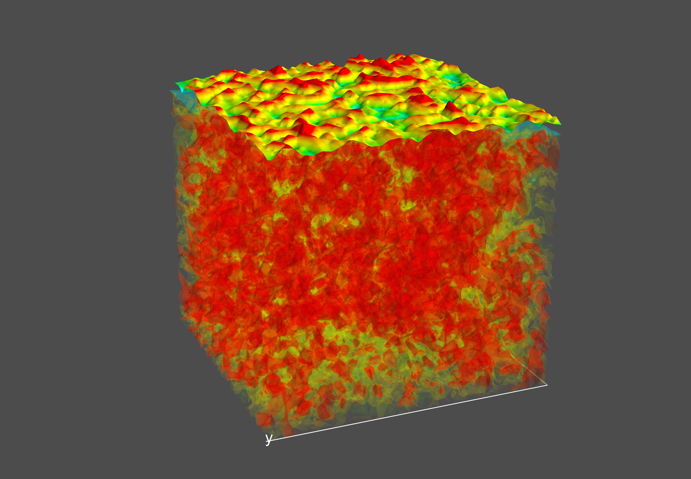Task 1.5: New computing strategies for data modeling and interpretation

Task lead: Michelangelo Mangano (CERN)
From a computing point of view, the technical aspects of this work package are aligned with what is described in WP2 and WP3 in terms of code modernization on parallel architectures and with AI. The work package goals include: the porting and optimization of current event-generation codes and higher-order perturbative calculations to state-of-the-art and future hardware architectures, particularly GPUs; the development of ML/AI strategies to accelerate and improve the efficiency of phase-space sampling and the estimation of matrix elements driving the events’ unweighting; AI-driven modeling of the non-perturbative aspects of proton collisions, such as the underlying event, the hadronization and the multi-parameter tuning of shower-evolution algorithms; the development of software and algorithms for efficiently exploiting next-generation computer architectures (e.g., NVidia Grace Hopper) for use in LQFT simulations on extreme-scaling low-latency/high-bandwidth accelerator-based clusters.
Advanced HPC tools, in addition to the Neural Networks already exploited, will also be needed to accelerate ancillary tasks such as the global fitting of parton density functions (PDFs), which require CPU-expensive higher-order calculations. Further work, of direct impact on the trigger studies, includes the optimization of theoretically robust clustering algorithms portable to FPGAs.
(Image credit: Andreas Juttner)
Publications and other resources
- Daniele Massaro, Presentation at CERN School of Computing, 10/09/2024, “Speeding up MadGraph5 with GPUs”
- Daniele Massaro, Presentation at Durham HPC Days, 06/06/2025, “Data parallelism in MadGraph: hardware acceleration with GPUs and SIMD CPUs“
- Daniele Massaro, Presentation at Dark Tools, 18/06/2025, “Studying dark matter with MadDM, status and updates”